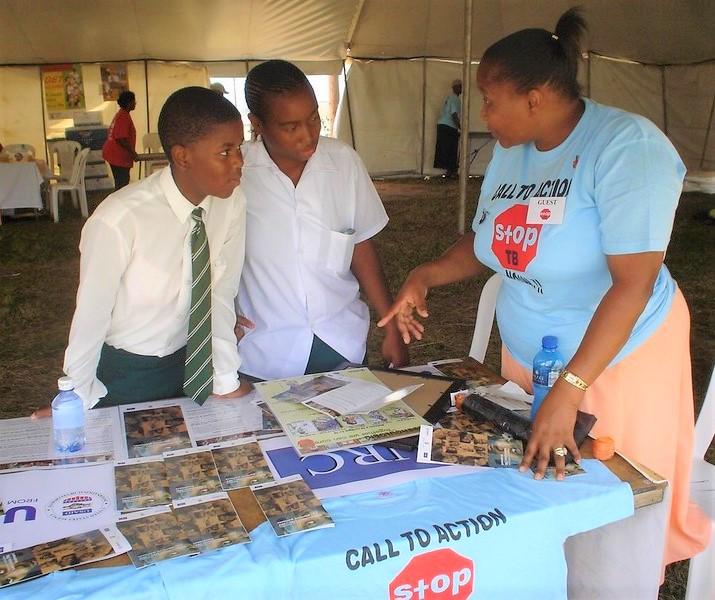
High incidence of typhoid fever, and the threat of antibiotic-resistant typhoid strains, in sub-Saharan Africa highlight the need for typhoid conjugate vaccines (TCVs), according to a hospital-based surveillance study published this week in The Lancet Global Health.
The 4-year Severe Typhoid in Africa study, led by researchers with the International Vaccine Institute, aimed to address regional gaps in typhoid burden data, characterize levels of antibiotic resistance, and evaluate disease severity in six countries (Burkina Faso, the Democratic Republic of the Congo [DRC], Ethiopia, Ghana, Madagascar, and Nigeria). Researchers enrolled and analyzed data on patients who presented with fever or reported fever for 3 consecutive days within the previous 7 days. Typhoid fever was defined as a febrile illness in which Salmonella enterica serovar Typhi was isolated from blood cultures collected on enrollment.
High incidence, concerning levels of resistance
Of the 27,866 participants recruited from May 2016 through May 2020, blood cultures were performed for 27,544. Clinically significant organisms were detected in 2,136 (7.7%) of blood cultures, with Salmonella Typhi isolated in 346 (16.2%) of 2,055 cultures. Four countries (Burkina Faso, the DRC, Ghana, and Madagascar) had an overall adjusted typhoid incidence of more than 100 cases per 100,000 person-years of observation, with the highest observed in the DRC (315 cases). Rural settings reported the highest incidence.
Of the 346 Salmonella Typhi isolates tested, 172 (57%) of 302 were resistant to ampicillin and 46 (16%) of 280 were showed ciprofloxacin non-susceptibility; the DRC reported the highest prevalence of ciprofloxacin non-susceptibility (24%). Forty-three (16%) of 264 isolates were multidrug-resistant.
The study authors say the increased rates of resistance could eventually render typhoid fever untreatable, and that introduction of TCVs in these countries could contribute substantially to efforts to control typhoid fever.
"Our estimates indicate that introduction of TCV in endemic settings would go to lengths in protecting communities, especially school-aged children, against this potentially deadly—but preventable—disease," lead study author Florian Marks, PhD, deputy director general of the International Vaccine Institute, said in a press release from the institute.

















